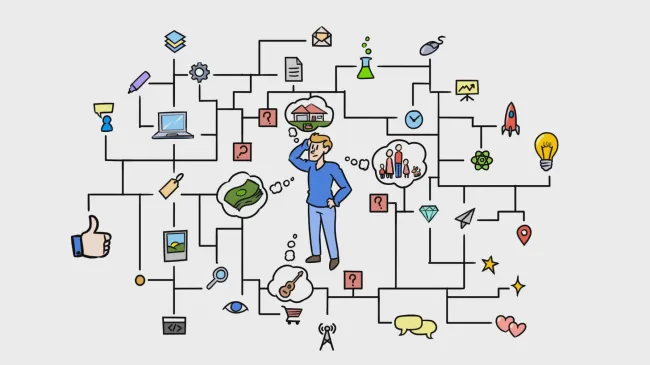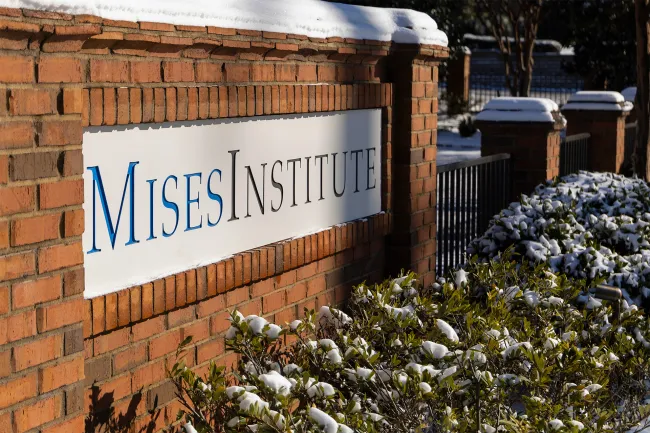

What Is the Optimal Growth Rate for the Money Supply?

What the World Needs Now from Pope Leo XIV

Seattle’s Other Monorail: Some Lessons for California

The History of Freedom in Christianity

“Our Marx”: The Great Herbert Spencer

The Southern Cause: What Led to Secession

Impressed at Vicksburg
Mark Thornton discusses a lesser-known factor in the American Civil War: the Confederate “impressment” policy and its impact at Vicksburg.

The Crucial Principle and Data At Stake in the SoHo Immigration Debate
Bob breaks down the recent Soho Forum immigration debate between Dave Smith and Alex Nowrasteh, clarifying the critical libertarian questions around property rights, open borders, and government au

Poland’s Turn Toward a Market Economy Saved It from Poverty
Polish professor of political theory Łukasz Dominiak joins us to talk about how Poland embraced a market economy after the Cold War ended. We discuss some of the factors behind Poland's rise

What the New Right Gets Right—and Wrong—About Free Trade
Bob responds to Oren Cass’s appearance on Tucker Carlson, offering a charitable yet firm economic critique of the anti–free trade ideas gaining ground on the political right.
The Rothbard Graduate Seminar provides an intense study of Misesian and Rothbardian economic analysis, along with the substantive conclusions of that research in related fields.
Virtual Mises University is the online counterpart to the Mises University conference and can be attended by anyone.
Mises University is the world's leading instructional program in the Austrian School of economics.
Join us for Supporters Summit 2025 in Delray Beach, Florida, to discuss "Making America Free Again."












